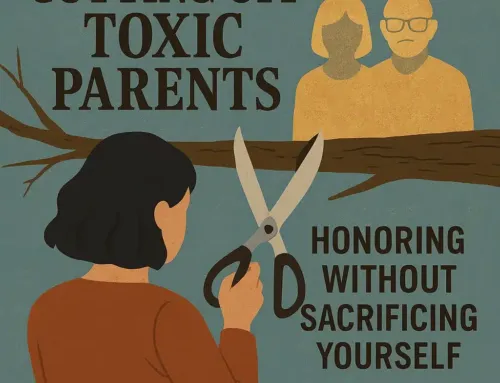
Approx. read time: 2.8 min.
Post: Unity in Diversity: Celebrating Inclusive Language and Respect
If you could permanently ban a word from general usage, which one would it be? Why?
If I had the power to strike a word from our collective vocabulary, without a second thought, I’d choose “retard.” It’s a term that’s been misused and abused to the point of becoming a verbal eye-roll, thrown around with as much care as a blindfolded darts player. This choice isn’t just about policing language; it’s about challenging us to think before we speak, elevating our conversational game from lazy insults to perhaps, dare I say, Shakespearean levels of wit.
You’ve likely heard it or maybe even said it yourself, “That’s retarded,” a phrase tossed around in jest, yet it’s increasingly clear these words cut deeper than intended. The Special Olympics, shining a spotlight on this issue with their “R-word Campaign,” aims to remind us of the sting these words carry, especially poignant as the games unfold in Greece.
Take Peter Netchvolodoff, for example, an 11-year-old who’s already pledging to ditch the term. It’s not just about avoiding offense; it’s recognizing the humanity in everyone. “It’s offensive to people with intellectual disabilities,” Peter wisely observes. It’s a matter of respect, acknowledging that no one chooses their intellectual capabilities at birth.
The term “mentally retarded” once served as a clinical descriptor but has since evolved. Today, we speak of “people with intellectual disabilities,” a shift that reflects not just a change in terminology but in our understanding of the breadth of human capability. This evolution in language underscores the importance of seeing the person first, a reminder that everyone deserves respect and inclusion, regardless of their abilities.
This change in language was codified by Rosa’s Law in the United States, a testament to the power of advocacy and a call to action for all of us to reflect on the words we use. Named after Rosa Marcellino, a young girl with Down syndrome, the law embodies the shift from “mental retardation” to “intellectual disability” in our official documents, a change sparked by the courage of one family to demand better.
Yet, changing official terminology is only part of the battle. The real challenge lies in transforming everyday language, a task that falls to all of us. Sammy Toggas, a 9-year-old, admits to slipping up, a reminder of the journey ahead. But it’s a journey worth taking, led by our youngest, who are often the most attuned to the impact of our words.
In banning “retard” from our vocabularies, we’re not just avoiding offense; we’re inviting creativity, challenging ourselves to communicate with empathy and respect. Imagine a world where insults are replaced with inventive, humorous alternatives, where conversations are elevated, and understanding deepens.
Let’s commit to this change, embracing a future where every word we choose respects the dignity of those around us. It’s a small step toward a more inclusive society, one where every individual is valued for who they are, not defined by their abilities. Together, we can make the R-word a relic of the past, a symbol of how far we’ve come in understanding and respecting the rich tapestry of human diversity.









